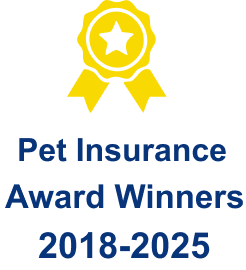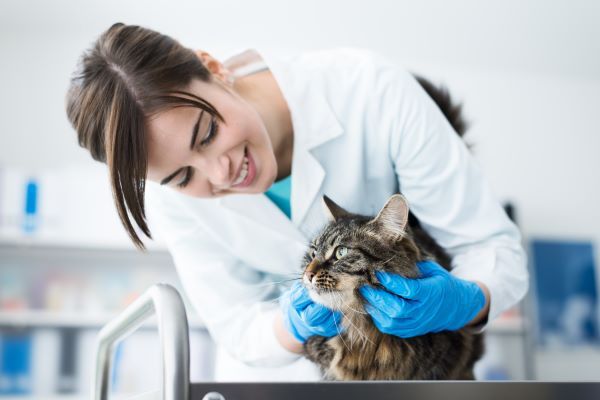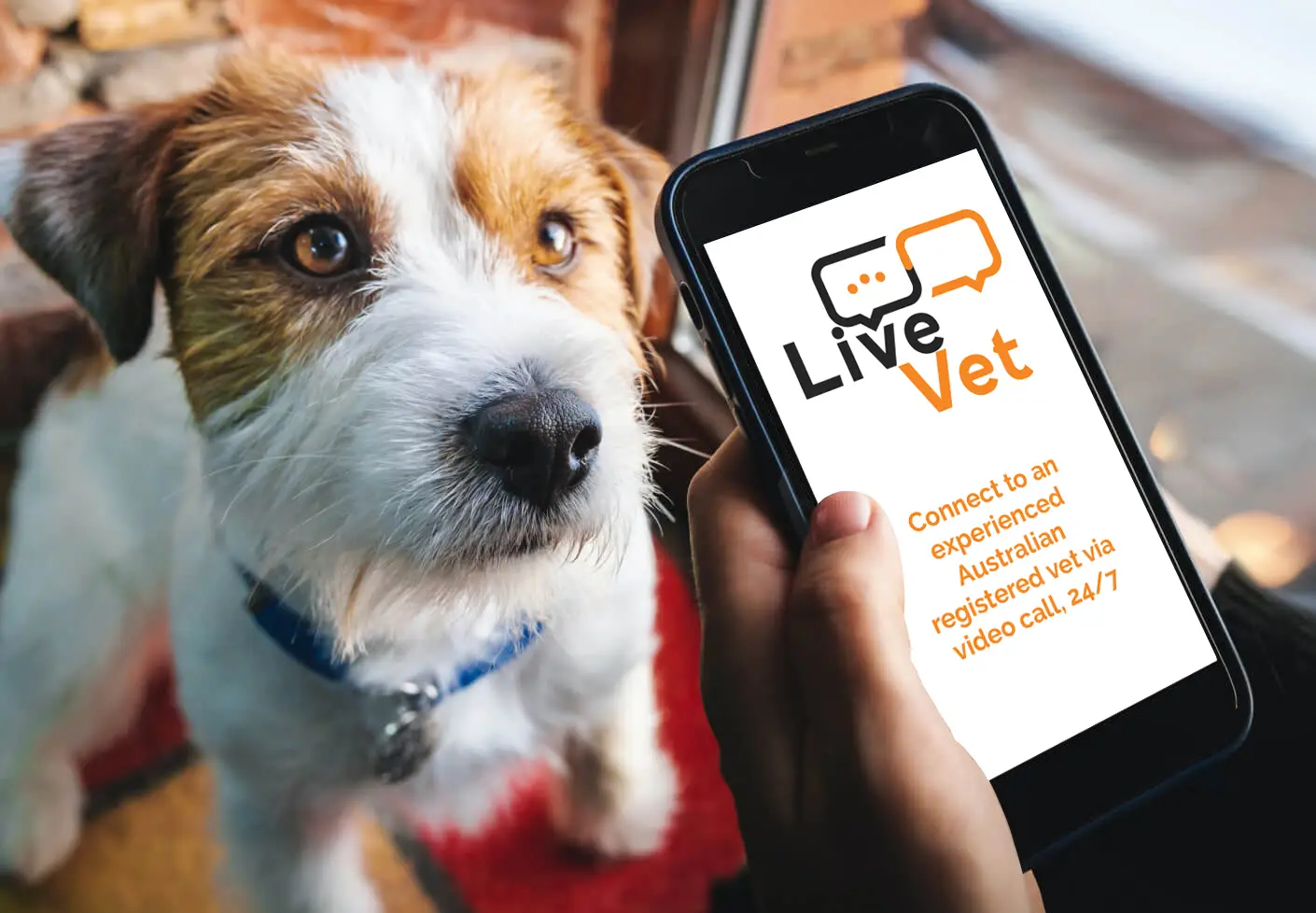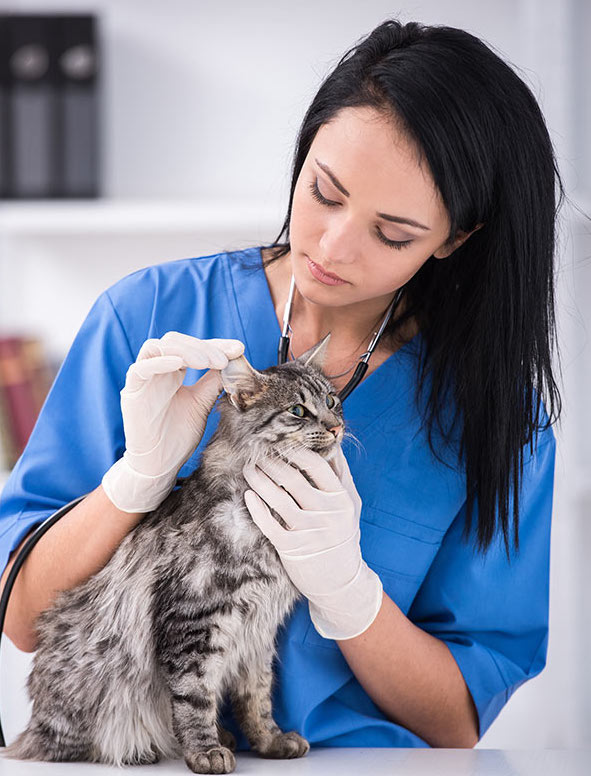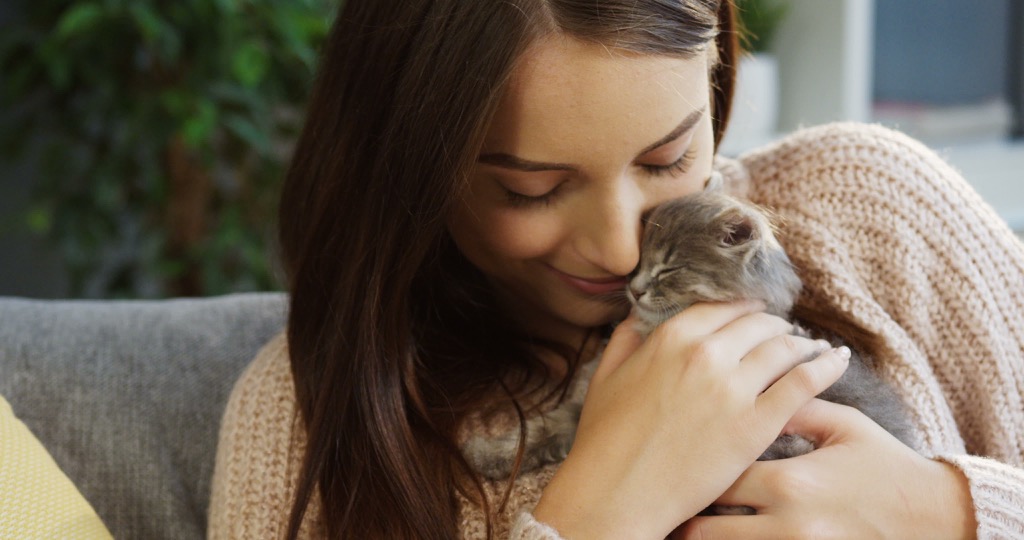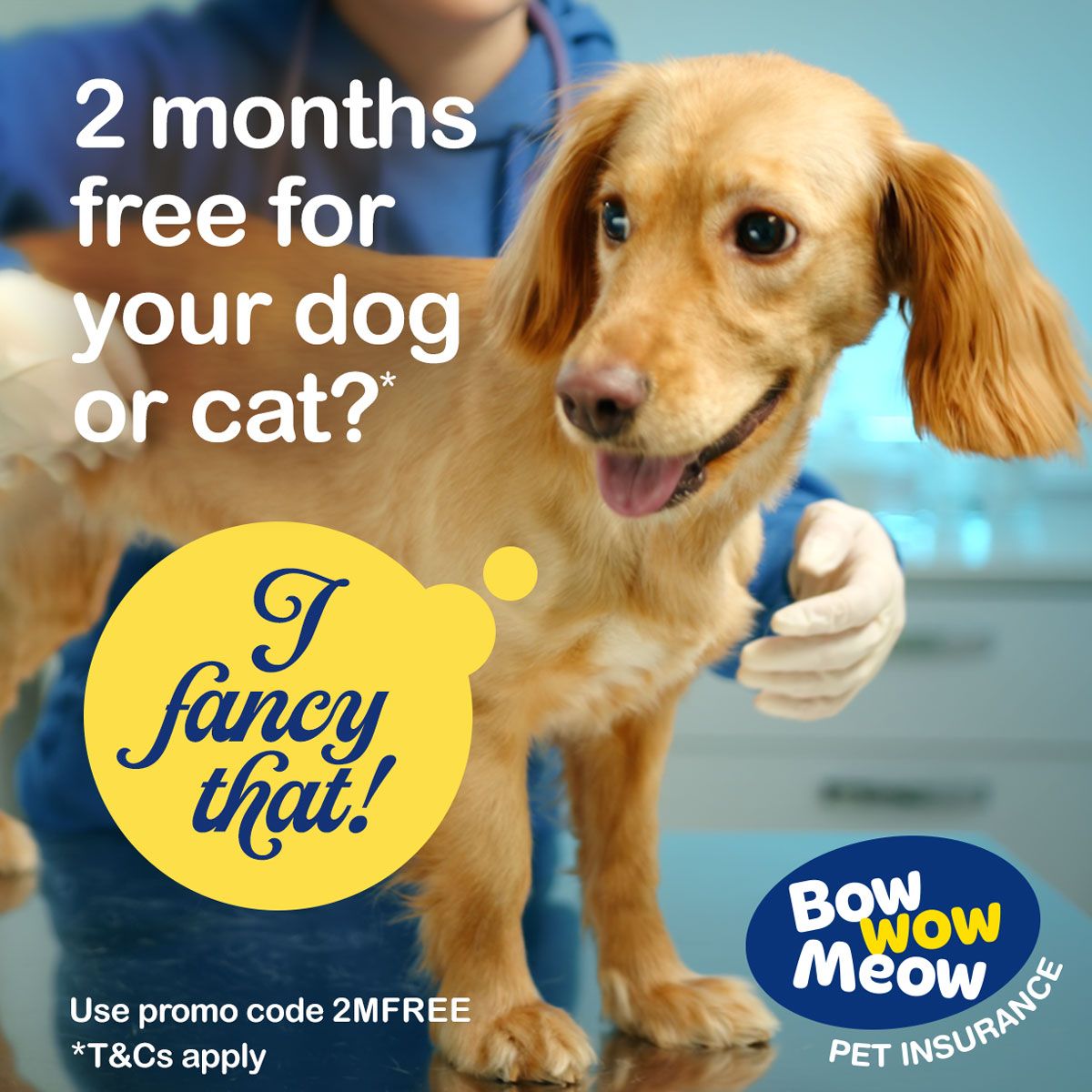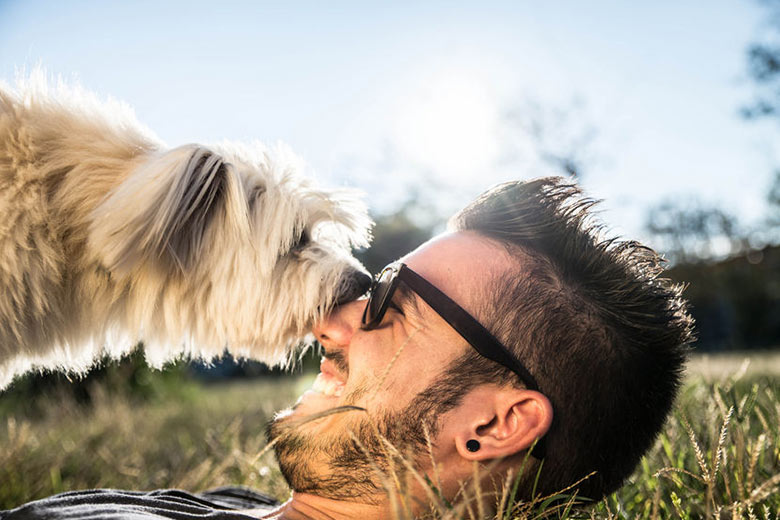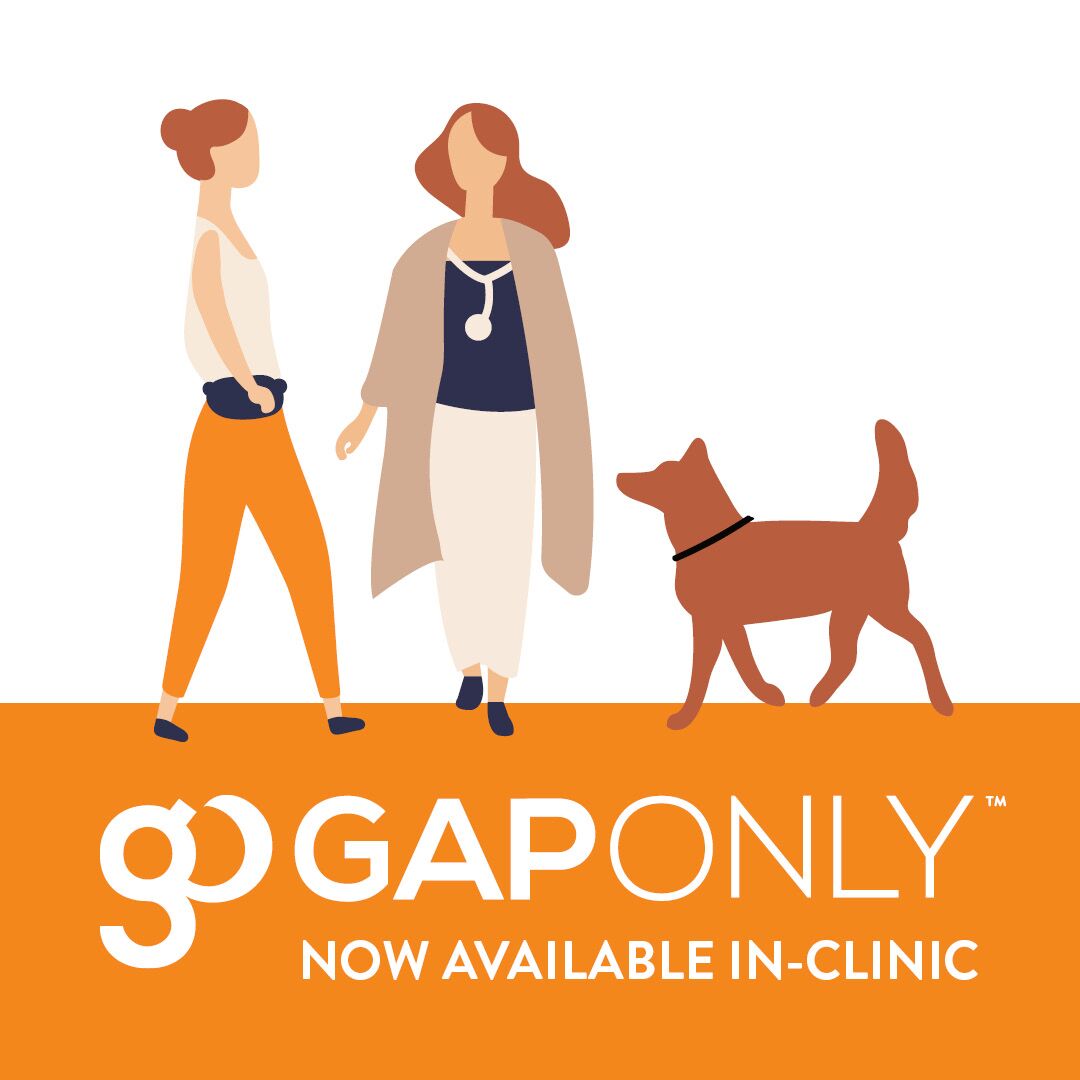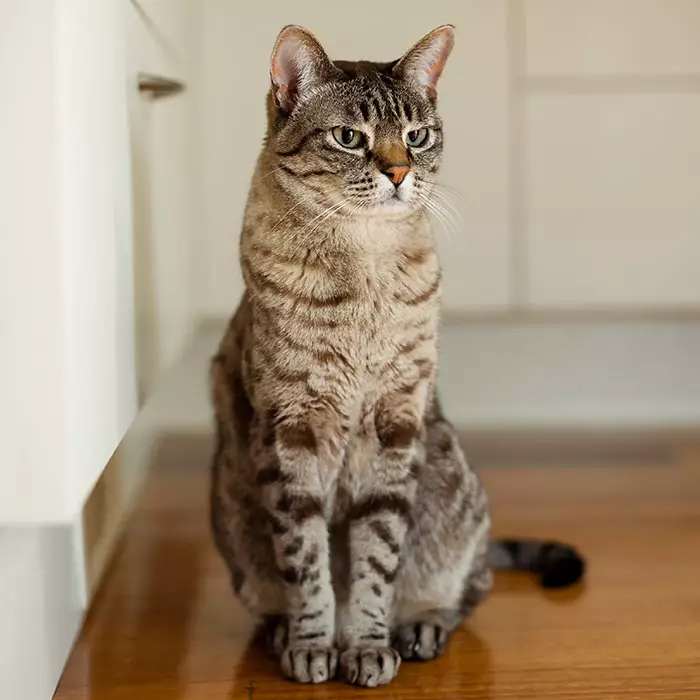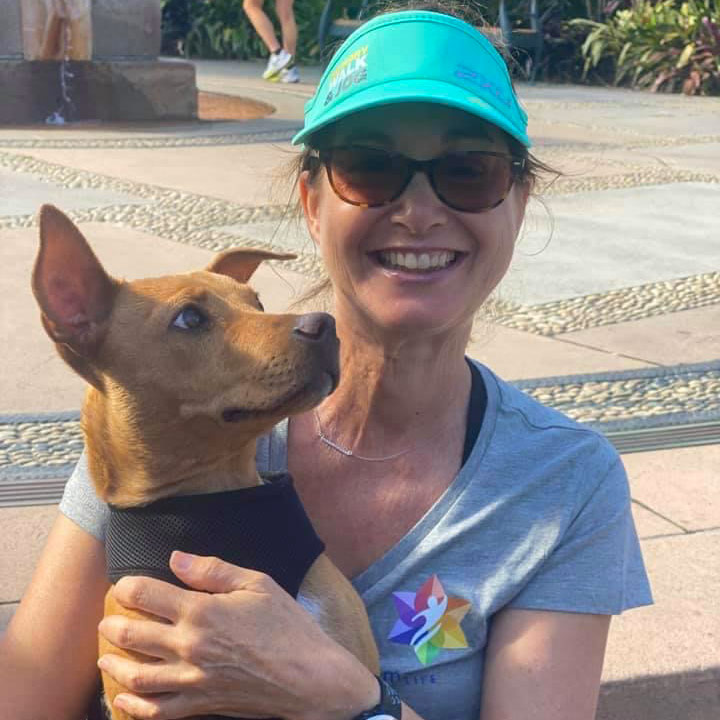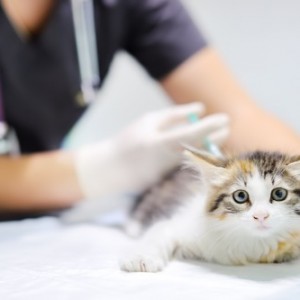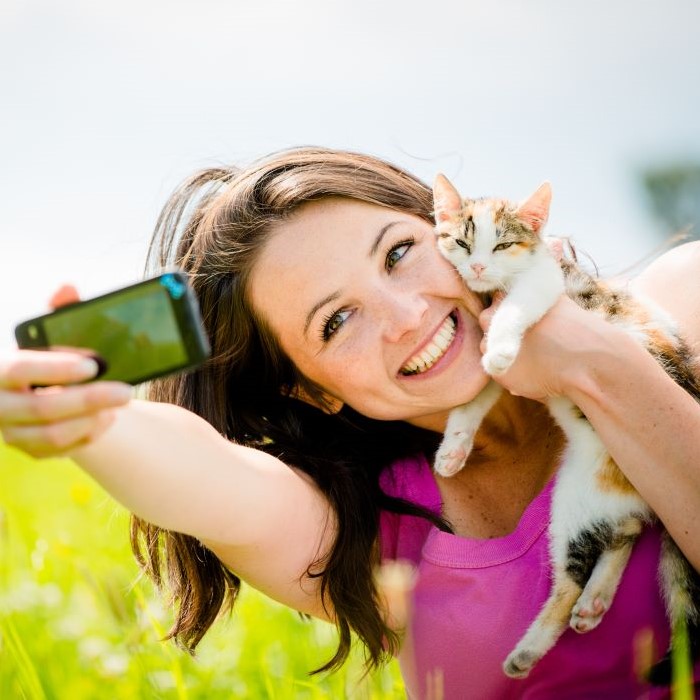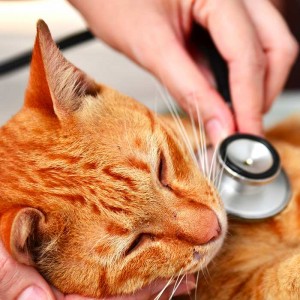The top 5 health problems for cats
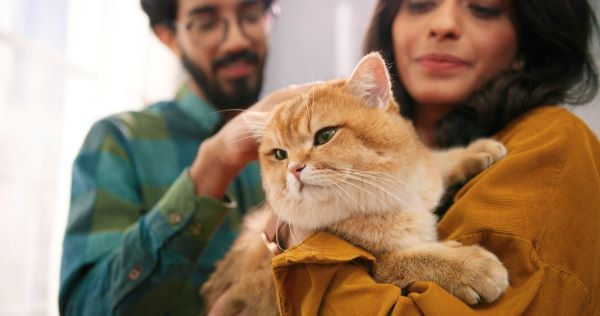
Our feline family members are an integral part of the family, and we love them like our own kids! To give them the best care, it’s important to be aware of the most common health conditions* that affect cats, so that we know what to look out for and catch any issues early.
Prevention is always better than cure, so we also bring you top tips and advice on how to keep your fur baby safe and healthy.
With advances in veterinary care come increased costs of treatment. We let you know the average treatment cost and highest treatment cost of the most common cat health conditions, as per PetSure claims data from 2022.
The top 5 health conditions in cats*:
*According to PetSure claims data from 2022
Why do cats get sick?
Our fur babies can get sick for a variety of reasons, just like us. Despite our best efforts, health issues can crop up in cats of all breeds and ages.
Cats often explore the world with their mouths so it may not be surprising that gastrointestinal problems are common. Dental issues and urinary system disorders are other conditions that affect all age groups of cats.
Because it is difficult to predict the costs of veterinary care, it can help to have measures in place to help prepare for the unexpected. Pet insurance can help by covering a portion of the eligible vet bill if the unexpected does happen. Find out more about our cat insurance options.
1. Vomiting
- Vomiting can affect cats of all ages
- Average treatment cost: $636*
- Highest treatment cost: $9,464*
What is vomiting in cats?
Vomiting is the number 1 health condition affecting cats aged 1-8 years. In most cases, acute vomiting in cats lasts for a day or so before resolving, and the underlying cause is often not identified. Eating raw or rotten food, plants, toxins or fungi can cause vomiting, as can sudden changes in diet.
While most cats will vomit on occasion, as long as they continue to have regular bowel motions, it should not be a major cause for concern. It the vomiting is severe or ongoing then it’s time to consult the vet.
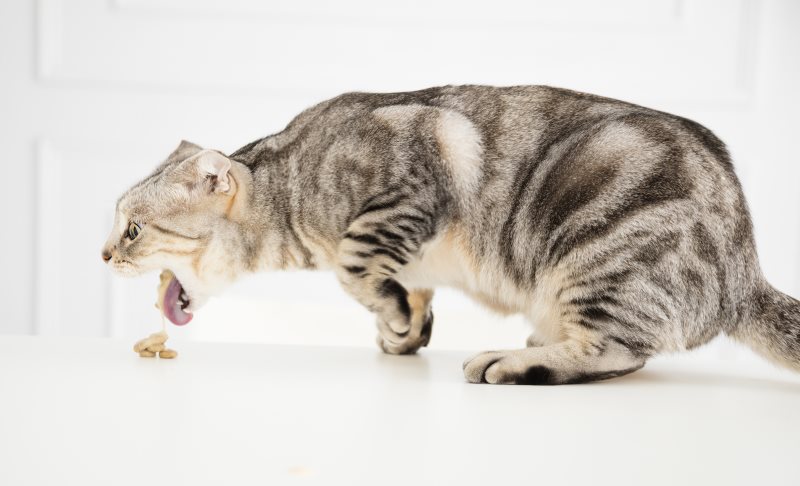
Preventing vomiting in cats
- Avoid sudden changes of diet; introduce new foods gradually by mixing a small amount of the new food with the old food.
- Keep plants and other tempting items to chew out of reach of young cats.
- Store medications, cleaning products and any other household toxins away from pets.
- Brush your cat to remove excessive hair in case vomiting is caused by hair balls.
Learn more about vomiting in cats.
2. Gastrointestinal tract infections (GI disease)
- Affect cats of all ages
- Average treatment cost: $627*
- Highest treatment cost: $13,862*
What are gastrointestinal tract infections in cats?
Gastrointestinal problems, including diarrhoea, vomiting (see above) and gastritis (inflammation of the stomach lining) make up the second most common health issue in cats of all ages.
Kittens are more likely to have GI upsets relating to infections, parasites, and changes in diet, while in adult cats issues like food intolerances and chronic inflammatory diseases of the GI tract are more frequent causes In most cases, acute gastritis arises quite suddenly and lasts for a day or so before resolving. When gastritis persists more chronically, it can be a sign that there is something more serious going on, such an underlying disease of the kidneys, liver or pancreas, or cancer.
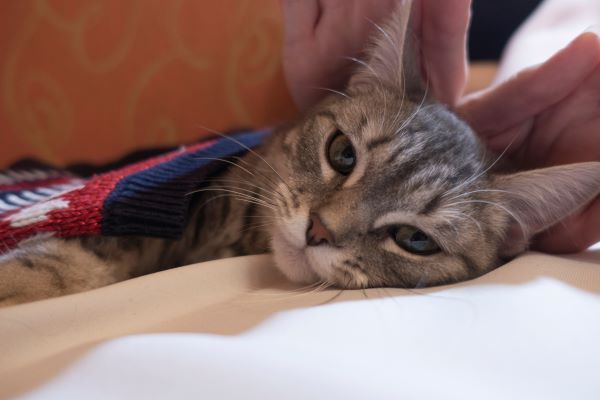
Preventing gastrointestinal tract infections in cats
- Feed your cat an excellent, premium cat food and avoid those with by-products, artificial colours, flavours and fillers.
- Keep intestinal worming up to date to eliminate parasitic causes of gastrointestinal upsets.
- Avoid snacks that your cat might not be used to or that could contribute to tummy upsets.
- Keep your cat indoors or in a safe play enclosure so that you know what your cat is exposed to.
- In cases of constipation, increase your cat’s water intake, encourage weight loss, and increase excercise.
- Seek out veterinary advice early, before the condition worsens.
3. Dental disease
- Generally affects cats from early adulthood onwards
- Average treatment cost: $815*
- Highest treatment cost: $ 4,928*
What is dental disease in cats?
Periodontal disease and tooth resorption are common dental diseases in cats. Periodontal disease includes infection and inflammation of the tissues surrounding the tooth. In its early stages, it reveals itself as gingivitis which is inflammation of the gums. If severe enough, the structures holding the tooth in place become inflamed, the teeth become loose and may fall out.
Tooth resorption in cats is a very painful condition, because the crown and root of the tooth erode, exposing sensitive areas of the tooth. These teeth need to be extracted to keep the cat pain-free. Although it is believed that poor dental hygiene contributes to this disease, the underlying cause remains unknown.
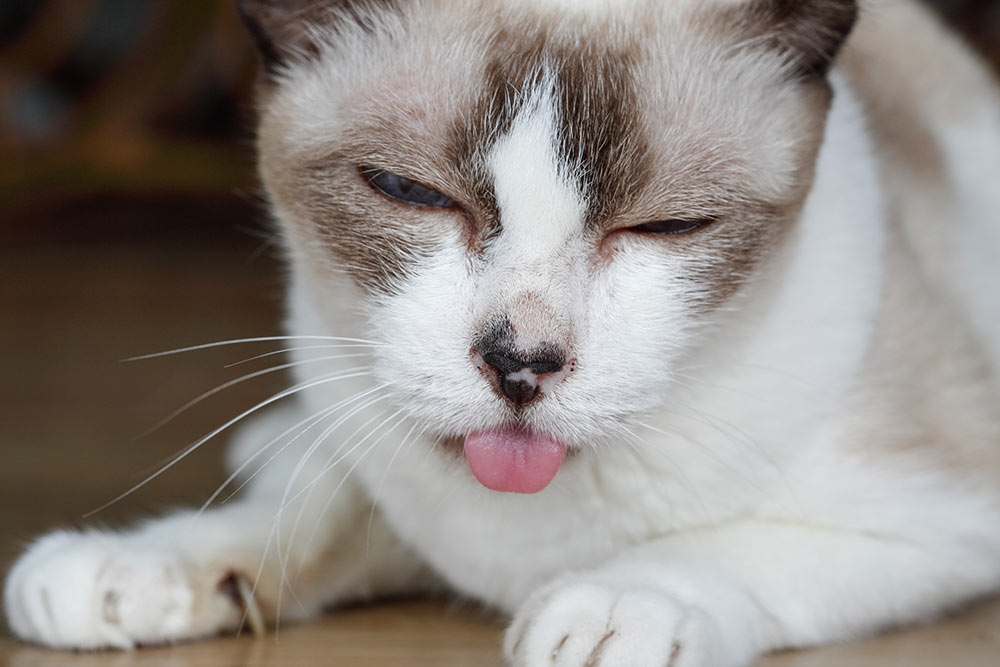
Preventing dental disease in cats
- Periodontal disease is preventable through cleaning the teeth. If you are unable to clean your cats teeth yourself, your vet will need to do it for you.
- Frequent check-ups with your vet will ensure that you know when your cat needs to have their teeth scaled and polished.
.
4. Diarrhoea
- Diarrhoea affects cats of all ages
- Average treatment cost: $376*
- Highest treatment cost: $8,836*
What is diarrhoea in cats?
Diarrhoea – frequent liquid or loose bowel movements – is the fourth most common health issue in cats and the number 1 health condition affecting kittens. It has numerous causes including viruses, bacteria, digestive disorders, and dietary intolerances, or it may be secondary to more serious diseases like pancreatitis, liver disease or diabetes.
The fact is that all cats are likely to have a bout of diarrhoea at some point in their lives. Often, in these cases the true cause may never be known, and treatment can be symptomatic.
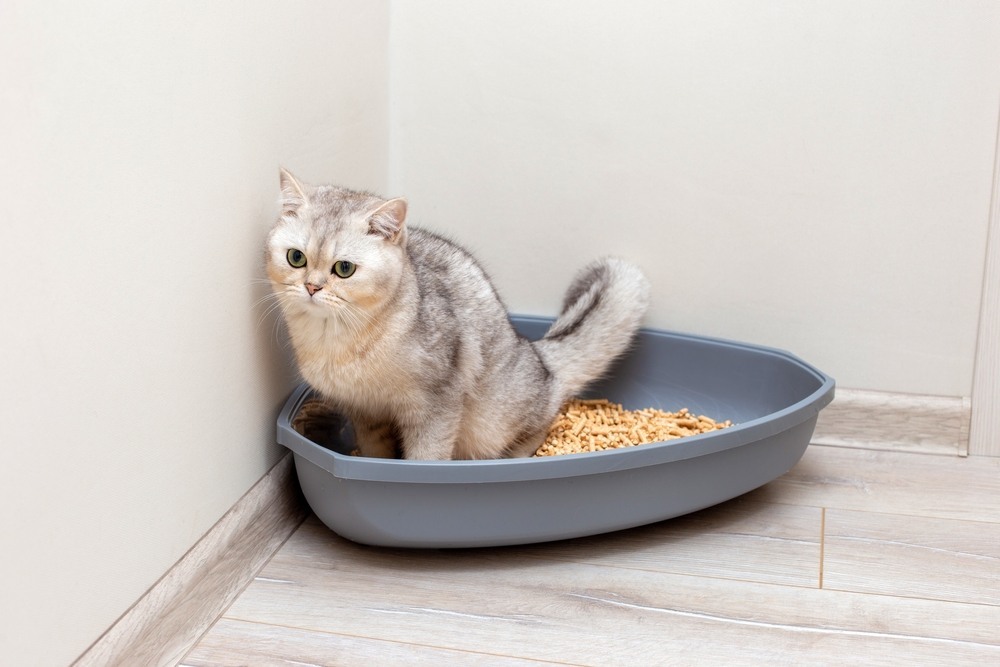
Preventing diarrhoea in cats
The only real way to prevent the onset of diarrhoea is to try to keep your cat’s diet consistent, its environment calm and stress-free and the animal free of any other illness.
- Introduce new foods gradually by mixing a small amount of the new food with the old food.
- Ensure there are plenty of clean litter trays available.
- Practice good hygiene around the home. Wash bowls daily with hot soapy water and allow them to dry completely. Ensure water is fresh daily.
Learn more about diarrhoea in cats.
5. Urinary system disorders
- FLUTD most commonly affects adult cats
- Average treatment cost: $1,330*
- Highest treatment cost: $19,414*
What are urinary system disorders in cats?
This refers mainly to Feline lower urinary tract disease, or FLUTD, a group of diseases affecting the bladder and urethra of cats which show similar clinical signs. Symptoms of FLUTD include frequent or painful urination, bloody urine and frequent licking of the urinary opening. It is the second most common health condition affecting cats aged 1-8 years.
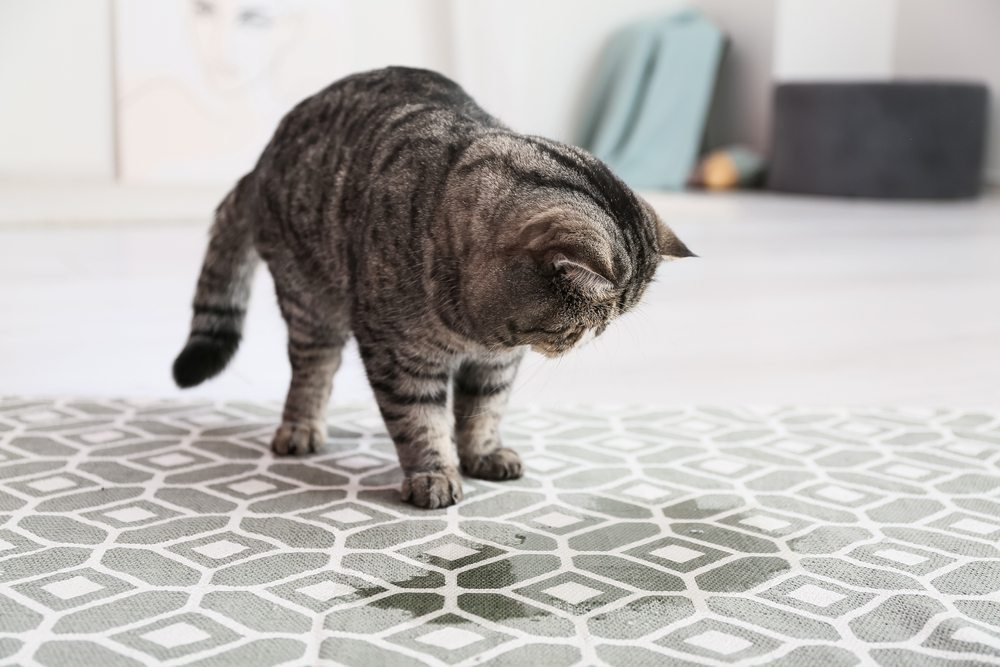
Preventing urinary system disorders in cats
- Feed a high-quality diet.
- Remove toxins from your cat’s environment.
- Don’t allow your cat to become overweight.
- Increase your cat’s water intake.
- Have regular check ups at the vet to catch changes early.
Learn more about Feline lower urinary tract disease, or FLUTD
*Based on PetSure claims data, 2022 calendar year. Reimbursement for these claims under a pet insurance policy, would be subject to limits, such as annual benefit limits or sub-limits, benefit percentage, applicable waiting periods and any applicable excess. Cover is subject to the policy terms and conditions. You should consider the relevant Product Disclosure Statement or policy wording available from the relevant provider. Please note that values calculated are based on all claims for that condition and medically related conditions in each calendar year.
A final word…
Taking positions 6 through to 10 in the most common health conditions in cats are osteoarthritis, skin allergies, bite injuries and severe constipation.
You can help keep your cat safe and healthy by keeping your cat indoors, increasing their water intake, accident-proofing their environment and having regular check ups at your vet.
Knowledge is your best weapon in keeping your kitty safe and healthy throughout their life. Knowing what to look out for and when to call the vet, and taking the necessary precautions to prevent illness or accidents from occuring, allows you to relax and enjoy your time together and be the best pet parent you can be!
Unsure how serious it is?
Bow Wow Meow policyholders can get access to trusted vet care anytime, anywhere, at no additional cost. Connect to an experienced Australian registered vet via video call, 24/7. Whether it’s providing vet advice, setting up at-home treatment plans, or confirming if you need to visit a vet in person, you can get help when you need it.
Find out more about our pet insurance cover options.
Bow Wow Meow Pet Insurance can help protect you and your cat should an unexpected trip to the vet occur.
-
Find out more about our cat insurance options
-
Get an online pet insurance quote

